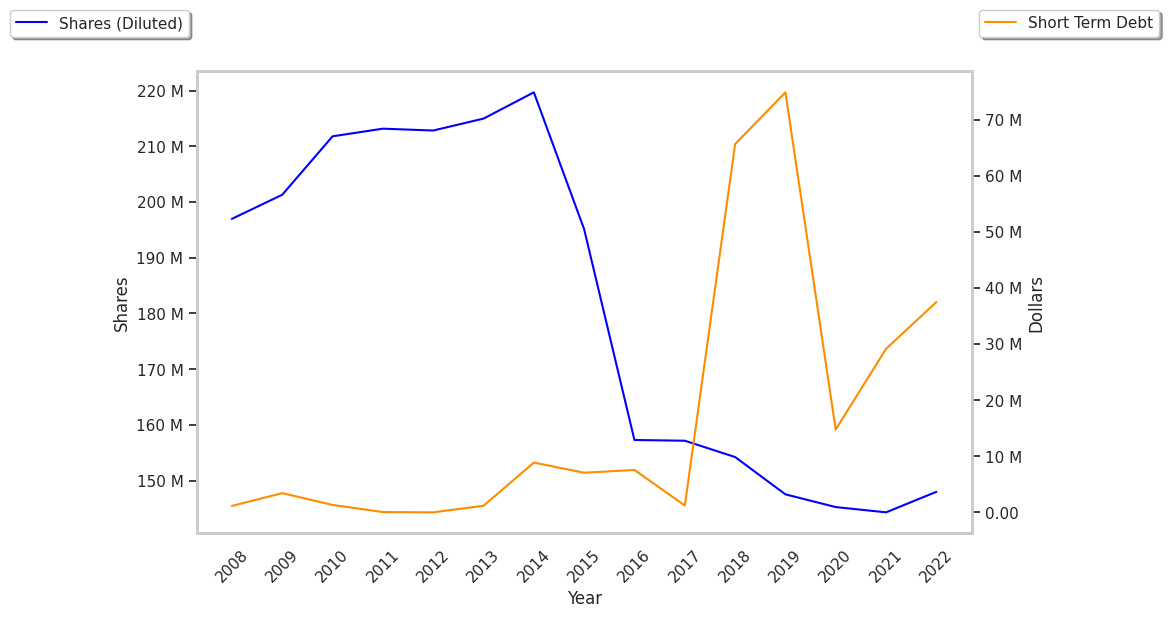Infrastructure Operations company Quanta Services is standing out today, surging to $356.05 and marking a 3.0% change. In comparison the S&P 500 moved only 1.0%.
PWR currently sits within range of its analyst target price of $343.98, which implies that its price may remain stable for the near future.
Surprisingly, analysts give the stock an average rating of buy, which shows that they believe prices could continue to move. Over the last year, Quanta Services shares have outperformed the S&P 500 by 15.8%, with a price change of 28.0%.
Quanta Services, Inc. offers infrastructure solutions for the electric and gas utility, renewable energy, communications, pipeline, and energy industries in the United States, Canada, Australia, and internationally. The company belongs to the industrials sector, which generally includes cyclical companies -- with the exception of conglomerates whose business may span several industries. Cyclical companies experience higher sales during periods of economic expanision, and worsening outlooks during recessions.
Quanta Services's trailing 12 month P/E ratio is 57.6, based on its trailing EPS of $6.18. The company has a forward P/E ratio of 30.1 according to its forward EPS of $10.16 -- which is an estimate of what its earnings will look like in the next quarter.
The P/E ratio is the company's share price divided by its earnings per share. In other words, it represents how much investors are willing to spend for each dollar of the company's earnings (revenues minus the cost of goods sold, taxes, and overhead). As of the third quarter of 2024, the industrials sector has an average P/E ratio of 24.03, and the average for the S&P 500 is 29.3.
To gauge the health of Quanta Services's underlying business, let's look at gross profit margins, which are the company's revenue minus the cost of goods only. Analyzing gross profit margins gives us a good picture of the company's pure profit potential and pricing power in its market, unclouded by other factors. As such, it can provide insights into the company's competitive advantages -- or lack thereof.
PWR's gross profit margins have averaged 14.5% over the last four years. While not particularly impressive, this level of margin at least indicates that the basic business model of the company is consistently profitable. These margins have slightly increased over the last four years, with an average growth rate of 1.4%. Another key to assessing a company's health is to look at its free cash flow, which is calculated on the basis of its total cash flow from operating activities minus its capital expenditures. Capital expenditures are the costs of maintaining fixed assets such as land, buildings, and equipment. From Quanta Services's last four annual reports, we are able to obtain the following rundown of its free cash flow:
| Date Reported | Cash Flow from Operations ($ k) | Capital expenditures ($ k) | Free Cash Flow ($ k) | YoY Growth (%) |
|---|---|---|---|---|
| 2024 | 2,081,196 | 604,078 | 1,477,118 | 29.44 |
| 2023 | 1,575,952 | 434,803 | 1,141,149 | 62.4 |
| 2022 | 1,130,312 | 427,630 | 702,682 | 257.53 |
| 2021 | 582,390 | 385,852 | 196,538 | -77.04 |
| 2020 | 1,115,977 | 260,052 | 855,925 | 223.25 |
| 2019 | 526,551 | 261,762 | 264,789 |
- Average free cash flow: $773.03 Million
- Average free cash flown growth rate: 21.4 %
- Coefficient of variability (the lower the better): 0.0 %
With its positive cash flow, the company can not only re-invest in its business, it can offer regular returns to its equity investors in the form of dividends. Over the last 12 months, investors in PWR have received an annualized dividend yield of 0.1% on their capital.
Value investors often analyze stocks through the lens of its Price to Book (P/B) Ratio (market value divided by book value). The book value refers to the present value of the company if the company were to sell off all of its assets and pay all of its debts today - a number whose value may differ significantly depending on the accounting method.
Quanta Services's P/B ratio indicates that the market value of the company exceeds its book value by a factor of 7, so the company's assets may be overvalued compared to the average P/B ratio of the Industrials sector, which stands at 2.89 as of the third quarter of 2024.
With a higher P/E ratio than its sector average, a higher than Average P/B Ratio, and generally positive cash flows with an upwards trend, we can conclude that Quanta Services is probably undervalued at current prices. The stock presents mixed growth prospects because of its weak operating margins with a stable trend, and an inflated PEG ratio.



